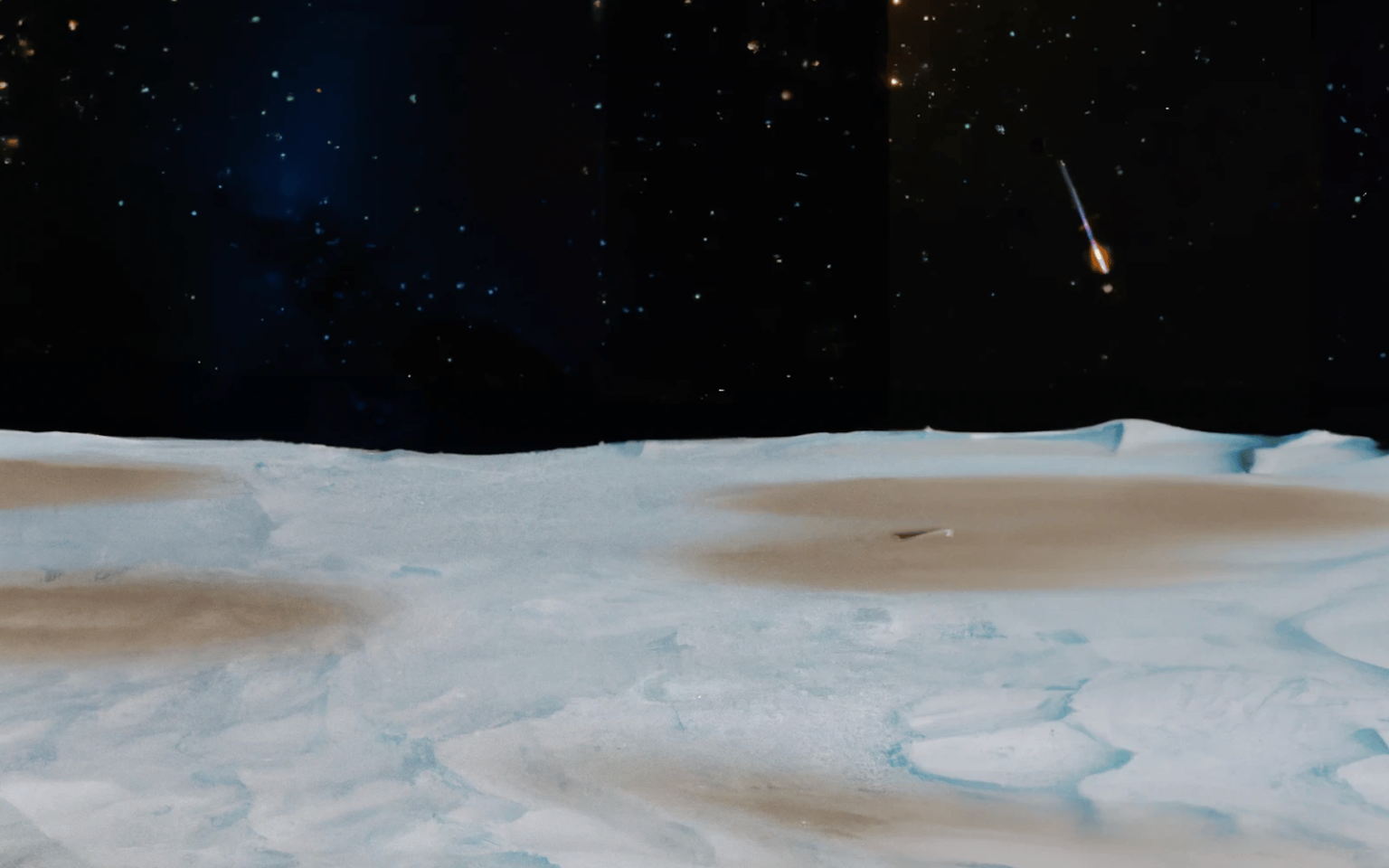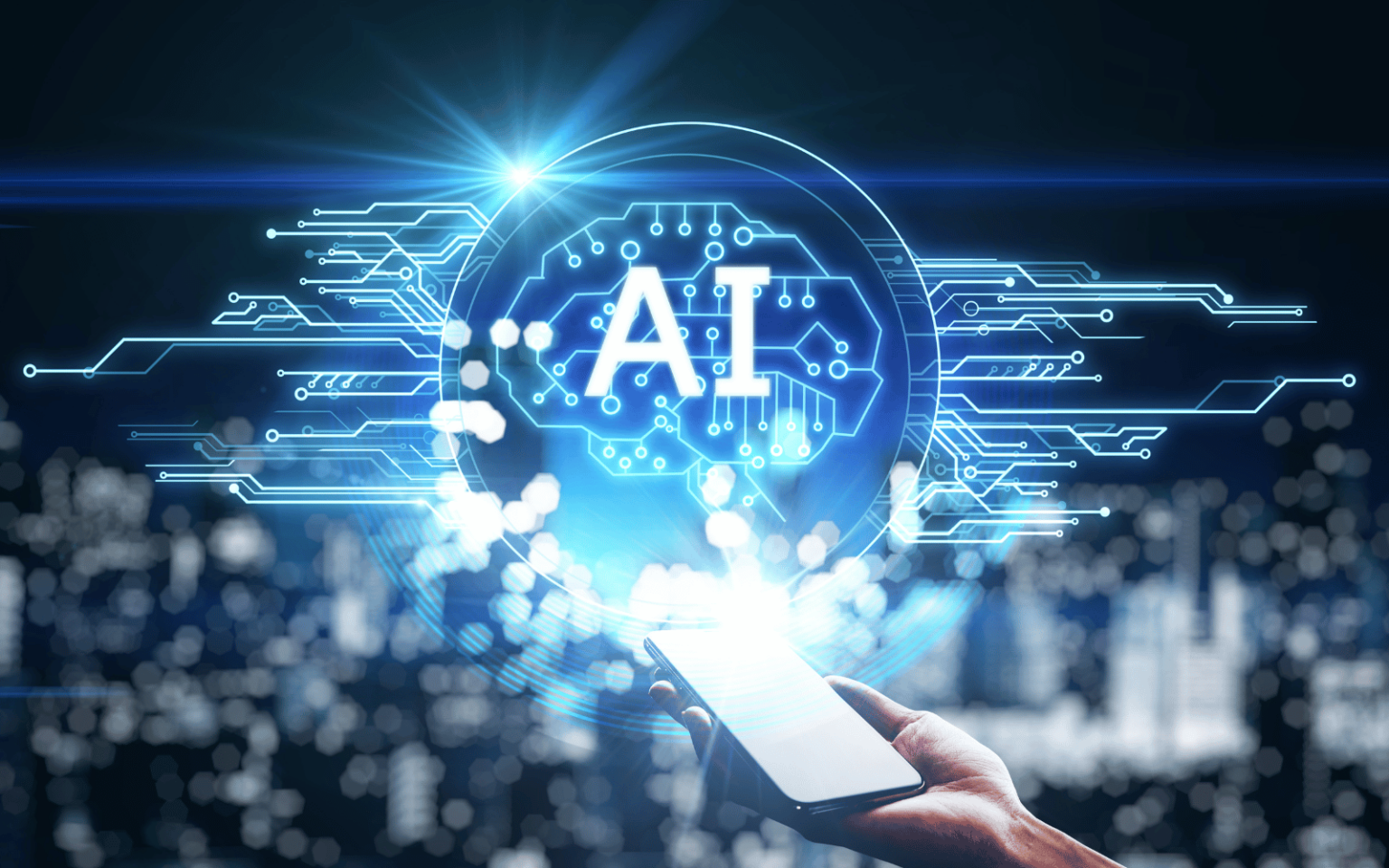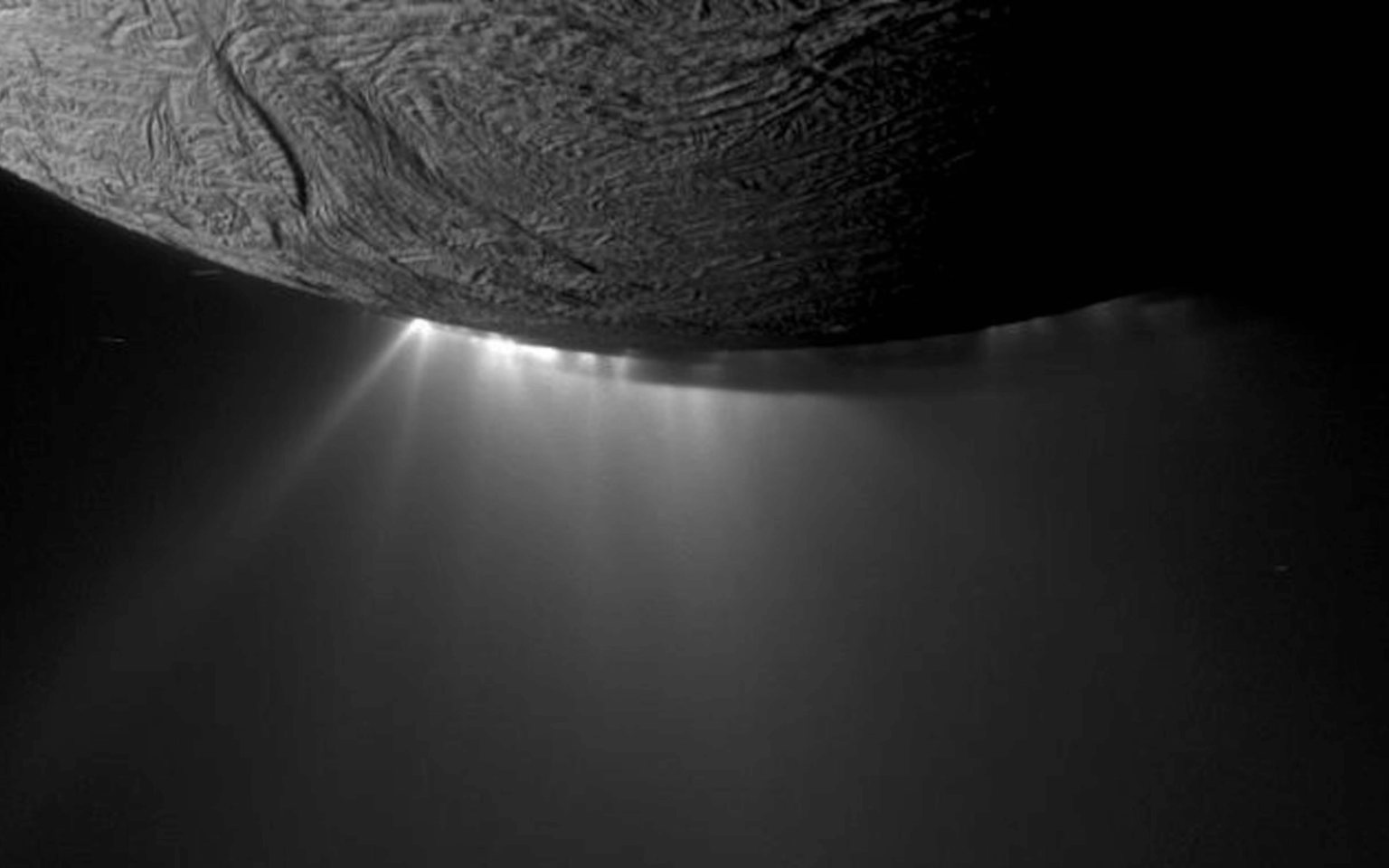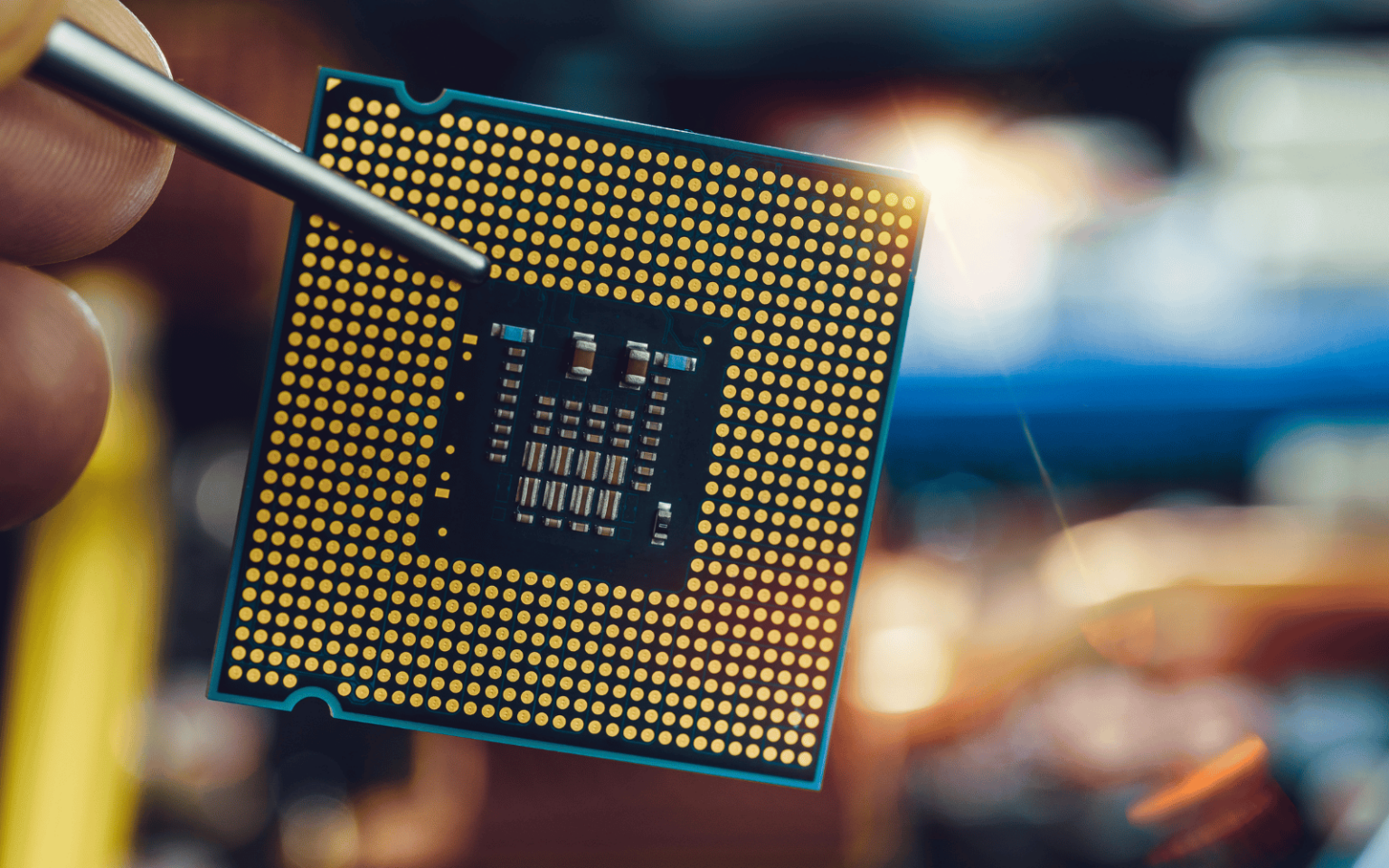We all used to think there were nine planets. But in 2006 the solar system was left with only eight planets, when Pluto was no longer classified as such. Is it still possible there is a planet out there beyond Neptune – possibly way beyond it? In the last 20 years, we have made significant strides in exploring the outer solar system. We are talking about what is known as Trans-Neptunian Space, the eternal night beyond the realm of the giant planets. And in this exploration we have come across a surprising population of inhabitants, the so-called Extreme Trans-Neptunian Objects, whose peculiar…
Author: The Conversation
The launch of ever-capable large language models (LLMs) such as GPT-3.5 has sparked much interest over the past six months. However, trust in these models has waned as users have discovered they can make mistakes – and that, just like us, they aren’t perfect. An LLM that outputs incorrect information is said to be “hallucinating”, and there is now a growing research effort towards minimising this effect. But as we grapple with this task, it’s worth reflecting on our own capacity for bias and hallucination – and how this impacts the accuracy of the LLMs we create. By understanding the link between AI’s hallucinatory…
Artificial intelligence (AI) has revolutionized many different industries in recent years. It gained a lot of attention and popularity with the launch of ChatGPT, a tool capable of writing poems, solving equations and producing articles on different topics. With the fast-paced implementation of AI in different fields, will it take the place of architects and architecture schools soon? To answer this question, we need to understand the capabilities of AI and the role of architects and architecture schools. Architectural education While the topics and research surrounding AI are rapidly evolving, AI lacks certain qualities and characteristics that architects gain by completing architecture…
The basic configuration of traditional propellers has not fundamentally changed since the first powered flight by the Wright brothers in 1903. However, as engineers learn more about aerodynamics and attempt new experiments, propellers are evolving to more complex shapes. These feature multiple blades, high sweep angles, blade tip devices and other features to optimise performance in different conditions. A recent advancement in propeller technology are “toroidal” propellers. These devices are ring-shaped, with the blades looping around each other. A few recent articles and videos have been hyping these – but how “revolutionary” are they, really? Refining the shape In 2017, researchers at MIT filed a patent…
Enceladus is the tiny moon of Saturn that seems to have it all. Its icy surface is intricately carved by ongoing geological processes. Its icy shell overlies an internal, liquid ocean. There, chemically charged warm water seeps out of the rocky core onto the ocean floor – potentially providing nourishment for microbial life. Now, a new study, published in Nature, has uncovered more evidence. It presents the first proof that Enceladus’s ocean contains phosphorus, an element that is essential to life. The Cassini spacecraft, operated in orbit about Saturn 2004-17 by Nasa and the European Space Agency (Esa), found plumes of ice…
Financial services workers, medical students and others working in highly competitive environments are using so-called “smart drugs” to enhance cognitive performance. Do they actually work? Some of these drugs, such as methylphenidate (aka Ritalin) and dextroamphetamine, have been used successfully as part of treatment for attention deficit hyperactivity disorder (ADHD), but less is known about their effect on people who do not have ADHD. Users may report a subjective feeling of cognitive enhancement, but it has been less clear whether this corresponds to objective improvements in performance. In a new study, we examined the effect of three common “smart drugs” on cognitive performance, and our results suggest…
The bright, red star Betelgeuse in the constellation Orion has shown some unexpected behaviour. In late 2019 and 2020 it became fainter than we had ever seen it – at least in records going back more than a century. Briefly it became fainter (just about) than Bellatrix, the third brightest star of Orion. This event became known as the “great dimming”. But Betelgeuse has since become bright again. For a few days this year, it was the brightest star in Orion – brighter than we have ever seen it. Both events led to speculation about whether its demise in the form of an explosion…
A conflict between the US and China over computer chips – or semiconductors – has been escalating in recent months. In particular, the US has taken steps to limit China’s access to advanced chip technology amid heightened international competition in the area. The US recently tightened export controls to undercut China’s access to high-end chip manufacturing equipment and has banned top talent from working for Chinese semiconductor firms. Beijing retaliated by banning US chip maker Micron from operating in China. Taiwan plays a critical role in this struggle. It has a huge share of the global semiconductor industry, but is also the focus of tensions between Beijing…
Science fiction has always been a tool for processing life on Earth. Norwegian sci-fi expert Karl Kristian Swane Bambini has said that the space-bound genre is well placed to “interrogate and reimagine real-world economic disparities”. He gives the examples of, among other things, the 2013 blockbuster Elysium, wherein healthcare is only accessible off-world, to people with spaceships, and Kim Stanley Robinson’s 1990s Mars trilogy of novels, which opposes the egalitarianism of a Martian society to Earth’s capitalist dystopia. Regional development is about tackling spatial injustice – that is, regional inequalities. Doing so, though, isn’t just about measuring the difference between today’s haves…
Amid an ongoing cost-cutting effort, Twitter has now refused to pay the bills to renew its multi-year contract with Google Cloud, Platformer has reported. We’ve all heard of “the cloud” – but what does it have to do with Twitter? And more to the point, what will the consequences be for Twitter users if Google Cloud pulls the plug on the platform? What are cloud computing services? To put it simply, “the cloud” is an assembly of computing resources that are remotely accessible over the internet. These resources are leased out to internet-connected organisations so they don’t have to buy and…











